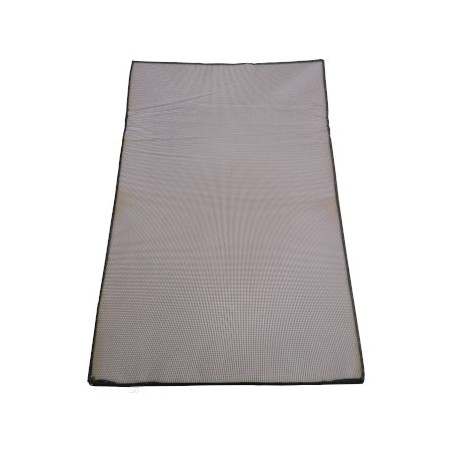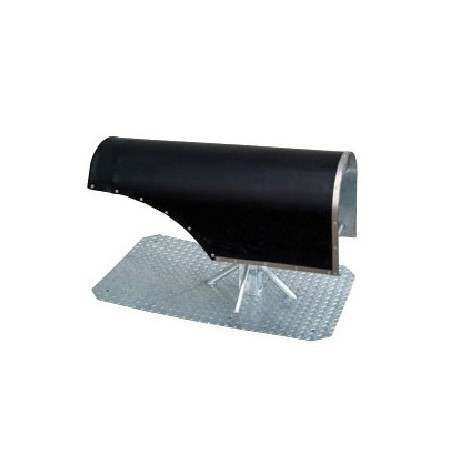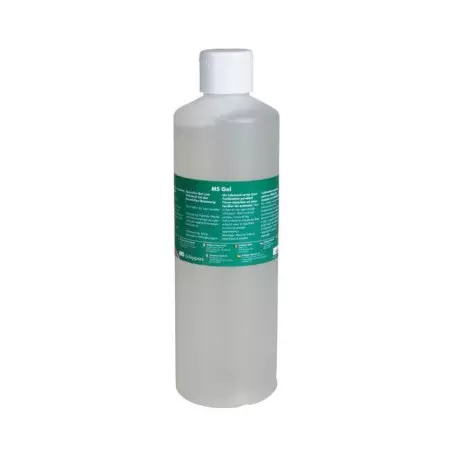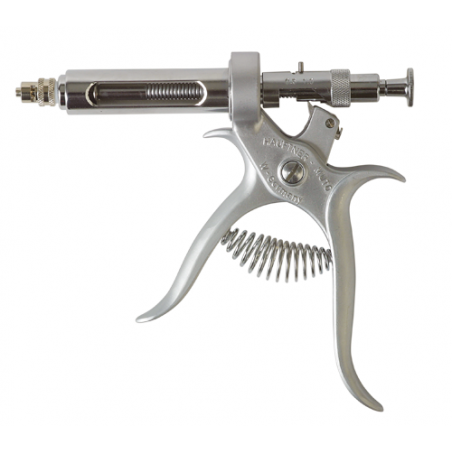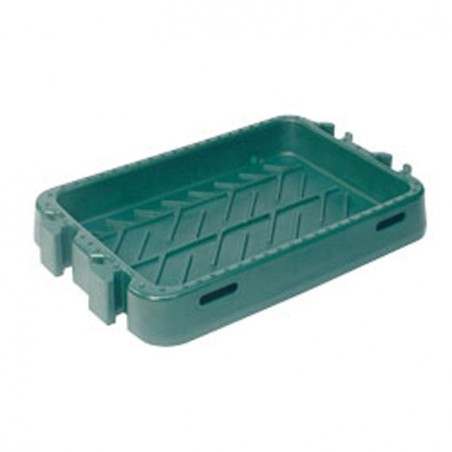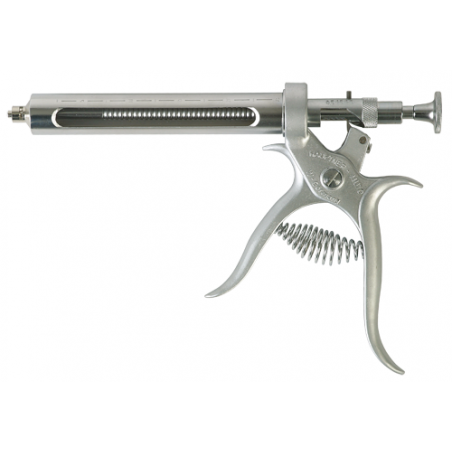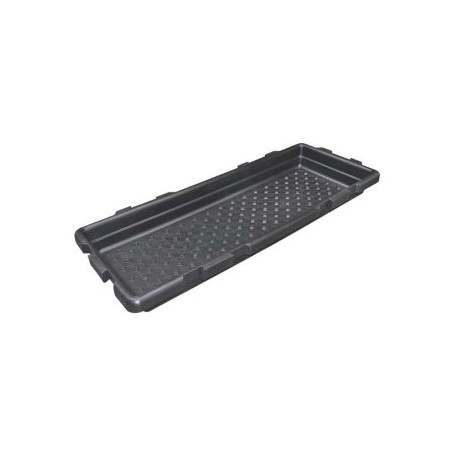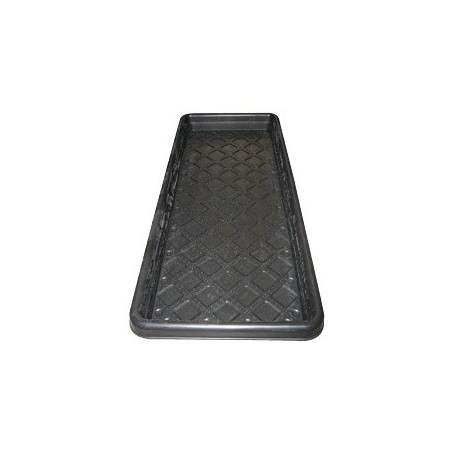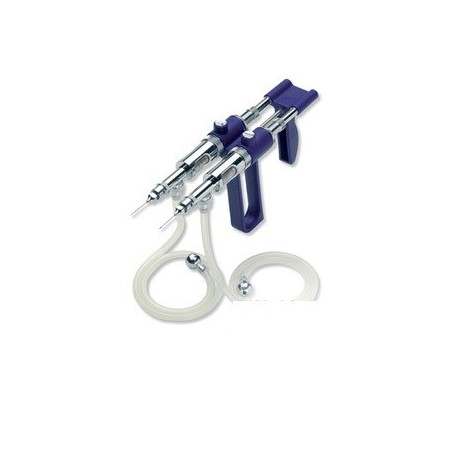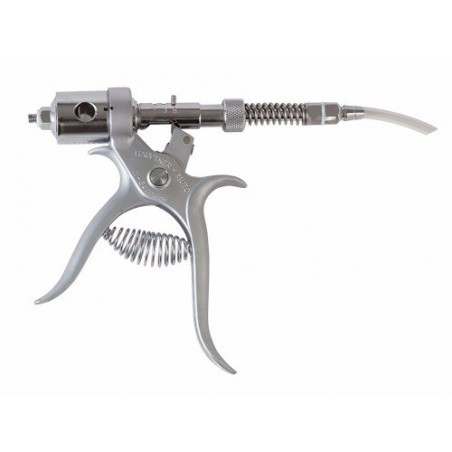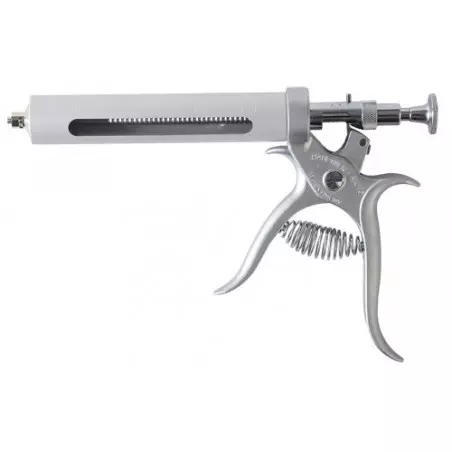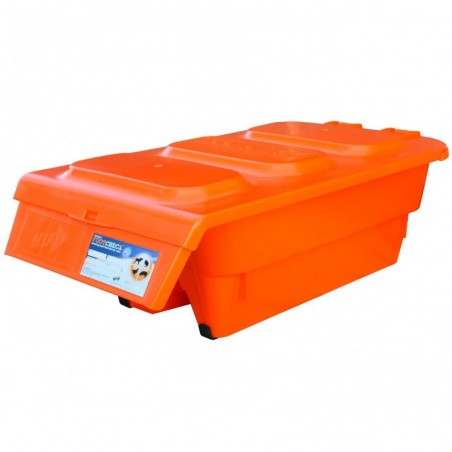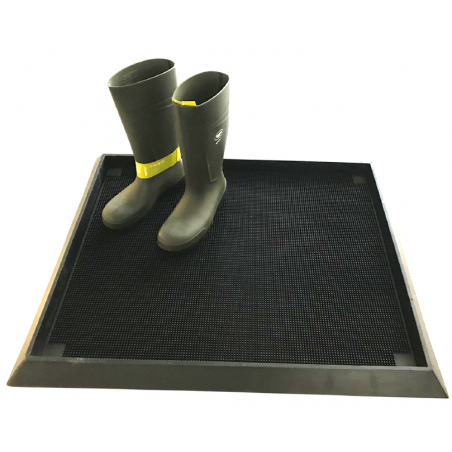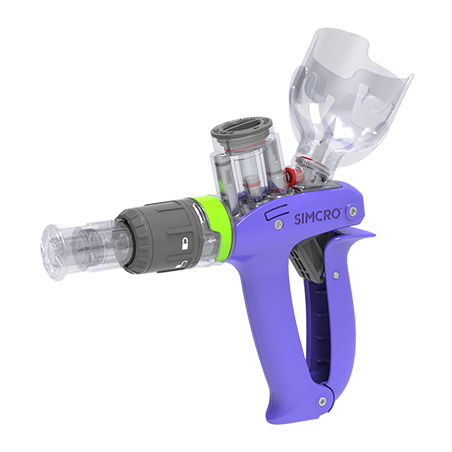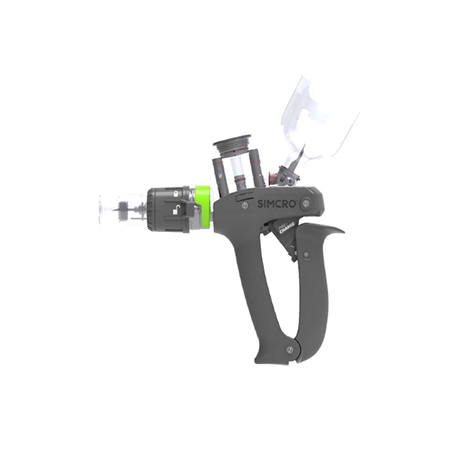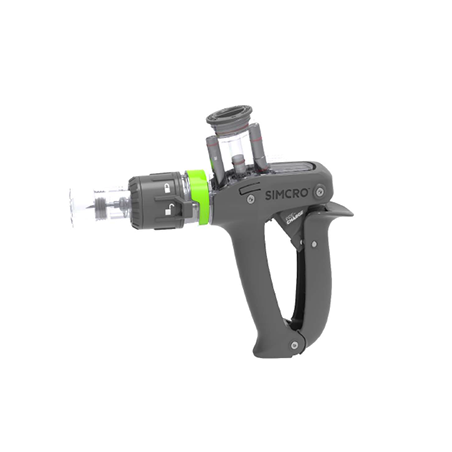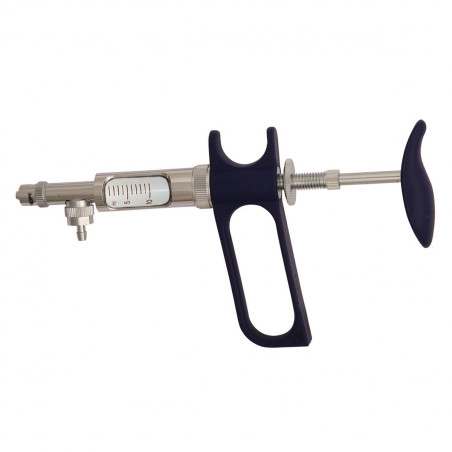The first pillar of health control is proper biosecurity.
Sanitary zones on farms are defined: establishing zones on the farm with different sanitary levels that are perfectly delimited by physical barriers between them, from high to low: Restricted access zone (RAZ), Controlled access zone (CAZ), and DIRTY zone, respectively.

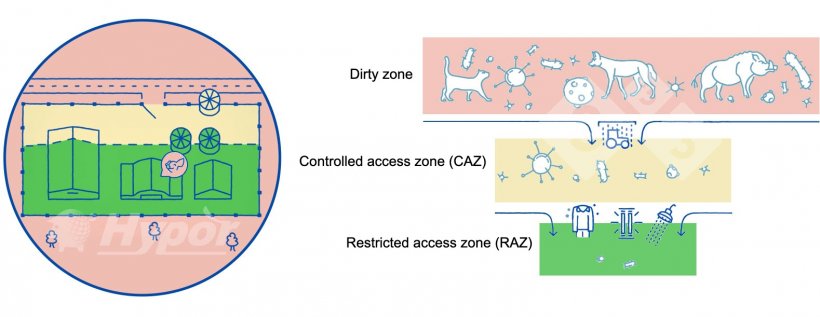
Different sanitary zones on a farm
Animal transport: Only clean trucks are allowed to come into contact with the CAZ and transport animals, and specific protocols must be in place for the truck and truck driver. Only animals with the same health status should be loaded together.
Visitors: The main risk lies in the objects that people carry with them, therefore a separation of clean and dirty areas via a shower and change of clothes is necessary. In addition, depending on the risk of the visitors, an appropriate downtime will be determined for them.
Organic and inorganic material: Any materials that enter the CAZ or RAZ should be properly disinfected.
Semen: The health status of the AI center must be verified and the entry of semen into the farm must be controlled. Gonzalez explains: "Hypor only works with AI centers that carry out all the necessary control measures, as explained below.
Feed transport: A truck exclusively for the company is preferred and the delivery must be the first transport of the day. The driver and truck need at least one night's downtime without contact with pigs or people that are closely involved in the industry.
Health screening
Hypor's sanitary control ensures the animals as free of:
- Porcine Reproductive and Respiratory Syndrome (PRRS)
- African swine fever (ASF)
- Atrophic rhinitis caused by dermonecrotoxin-producing Pasteurella multocida type D
- Dysentery caused by Brachyspira hyodystenteriae
- Mange caused by Sarcoptes scabiei
- Brucellosis
The screening performed is uniform regardless of country, which allows Hypor to compare the health status of its nucleus farms internally. This allows animals from different units to be combined for delivery to the same farm or destination.
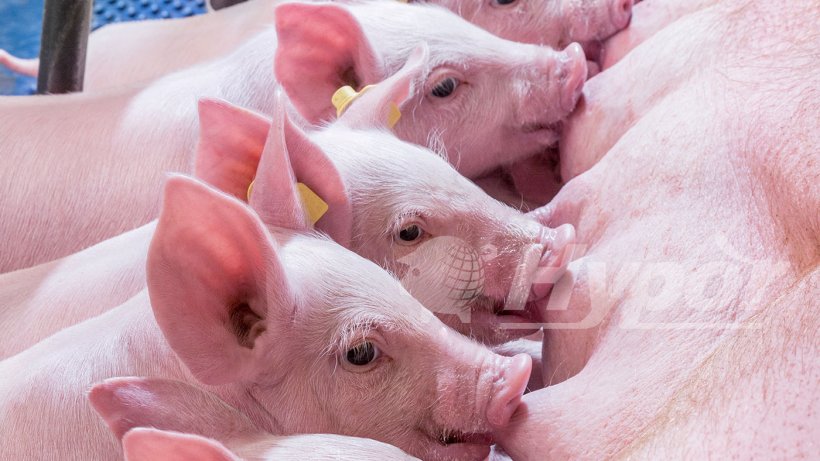
Health monitoring in boar studs
Boar stud biosecurity involves several controls at critical points: Pre-quarantine controls: young boars that are candidates for entry into quarantine at a boar stud are checked at the genetic nucleus farm 30 days prior to quarantine entry. Such controls include:
- General clinical exam.
- Particular clinical exam of the genitals.
- Serological control of the diseases described in the previous section.
Logically, the objective of these controls is to prevent the entry of boars that are either diseased or serologically positive.
Quarantine works as an 'all-in-all-out' system during the 30-45 day isolation period. It controls:
- Sanitary control of semen.
- Serological control of the diseases described in the previous section.
When the controls done in quarantine are negative, the boars can enter the boar stud to start producing semen. Throughout their productive life, the boars will be subjected to monitoring, the frequency of which depends on the disease to be controlled.

In order to monitor the serological profile of the boar stud, a serological control is performed every 15 days on 1/6 of the animals present in the boar stud. Using a boar rotation protocol, each animal in the boar stud is then checked every three months. In addition, a PRRS control is performed on each ejaculate produced by each animal. Any positive or questionable reaction should trigger an alert at the boar stud with two immediate actions: (1) isolation of the positive boars and confirmation testing, and (2) stopping the sale of all semen from the boar stud.
In the previous sections, only the controls to be carried out at critical points of the boar stud have been detailed. Additional precautions and hygiene rules complement the sanitary risk control in a boar stud.
González also wants to emphasize that all boars for the genetic program are kept in facilities exclusively for these animals; they are not mixed with animals from other sources.
Sanitary guarantees for transportation
Strict protocols are carried out in the transport of the animals in order to guarantee sanitary control of the animals, complying with the requirements from the local government at all times. In particular, transporters are requested to come on the first stop of the day and have downtime days before coming to pick up the animals. Normally, pick-up is done on Tuesdays, thus guaranteeing a 72-hour downtime period, although this may vary but is always longer than 48 hours. In addition, and in order to take extreme precautions, the supposedly disinfected surfaces of the transport are checked for contamination by means of a kit for this purpose.





